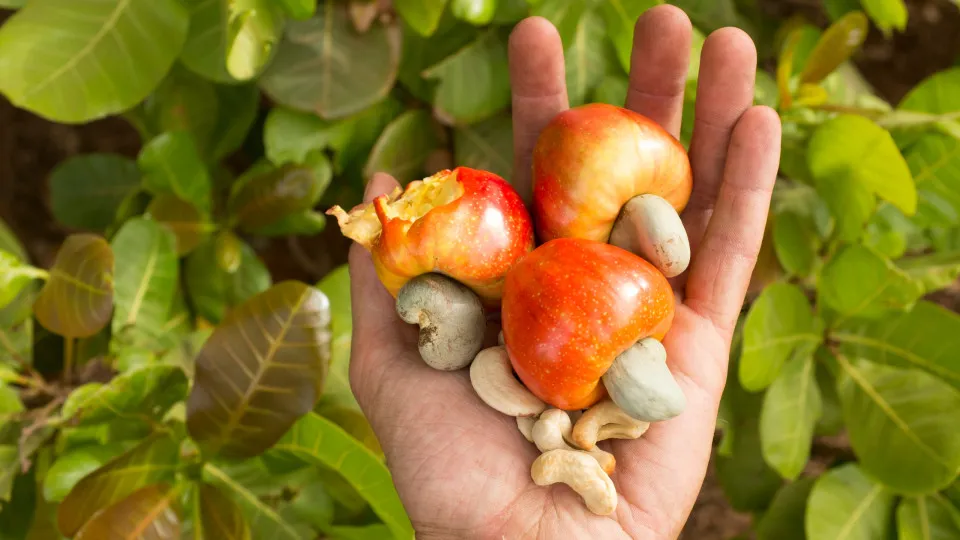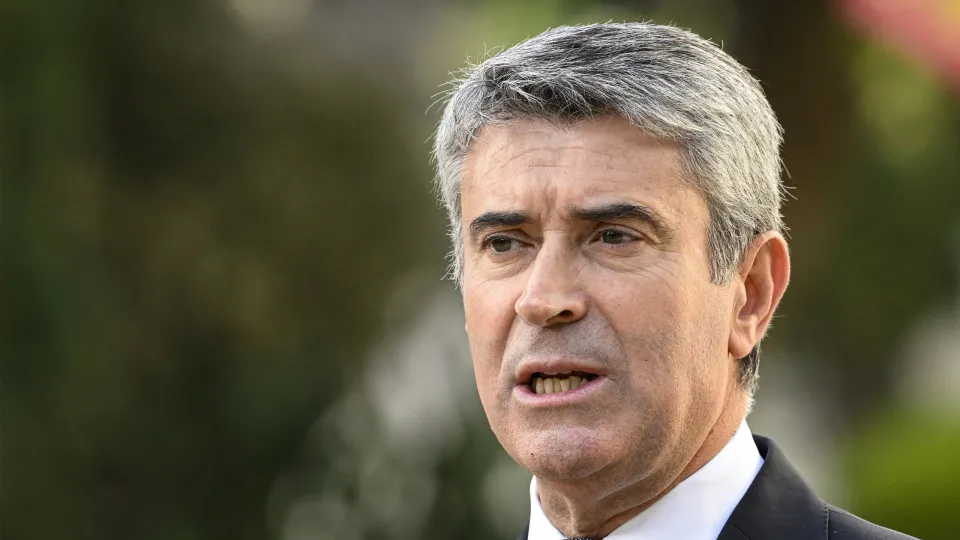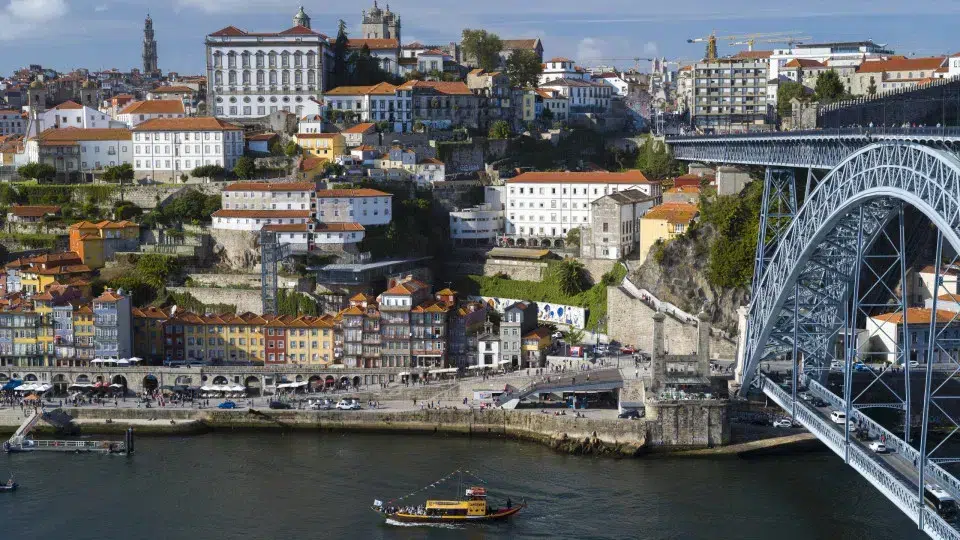
“The key issue here is that this cashew is typically not taxed,” stated António Jone, provincial delegate of the Mozambique Almond Institute (IAM) in Cabo Delgado, in remarks to journalists.
The state, he added, loses about 1,200 meticais (16 euros) per 80 kilograms of cashew nuts, equivalent to one sack, estimating the fiscal loss at 114 million meticais (1.5 million euros) during the last campaign in Cabo Delgado.
“That is indeed the loss,” Jone added.
The Secretary of State for Cabo Delgado, Fernando Bemane de Sousa, acknowledged that smuggling is facilitated by the porous border with Tanzania but urged the public to assist in combating the practice: “We have a very open border, and people indeed leave.”
“Each of us needs to be part of this fight, report those who flee. It is illegal to leave one country for another without any documented proof,” the official warned.
Mozambique plans to invest 374 million dollars (322 million euros) to develop the cashew sector and increase annual production from the current 158,000 tons to 689,000 by 2034, the government announced on October 24.
The export of cashew nuts from Mozambique continues to rise, reaching 38.7 million dollars (33 million euros) in the first quarter, leading sales abroad among the so-called “traditional products,” according to data from the Bank of Mozambique.
The Ministry of Agriculture reports that Mozambique’s cashew production hit over 200,000 tons annually 50 years ago, during the colonial period, and until the mid-1970s, Mozambique was the second-largest producer worldwide (210,000 tons processed in 1973), second only to India, which at that time, and still today, purchases a significant portion of this production.
Following Mozambique’s independence on June 25, 1975, production dropped to less than 10%, to about 15,000 to 20,000 tons annually, but it has been increasing yearly. In the recent 2024/2025 campaign, Mozambique stood out among the largest producers, maintaining its position as the seventh largest.




